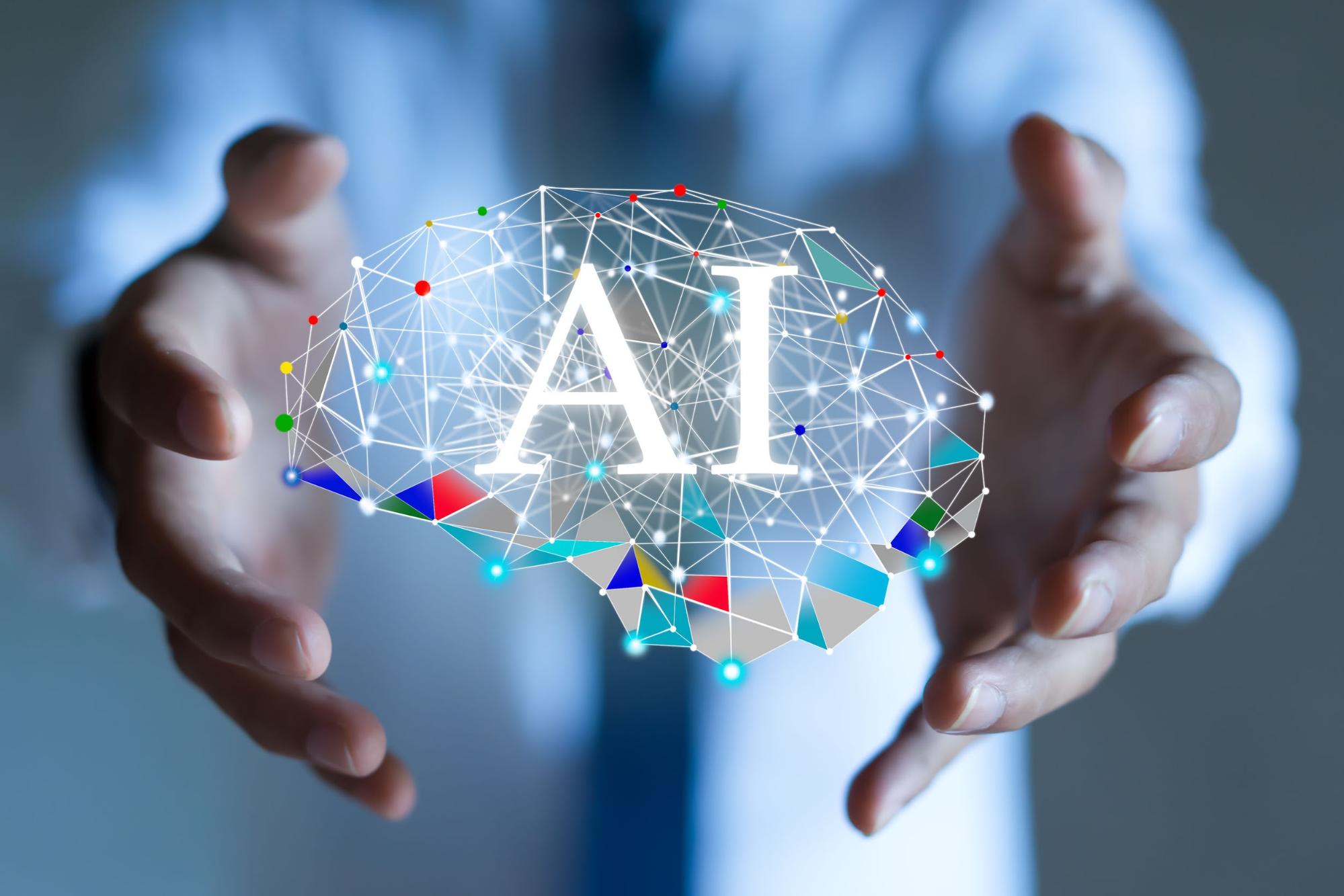The New Era of AI Technology
Artificial Intelligence (AI) has revolutionized the way people work, communicate, and get things done. From answering queries to text generation, AI is now a convenient tool in day-to-day life. Yet, a new kind of AI, autonomous AI agents, is expanding the horizon further.
Differing from older AI assistants that act upon voice commands, the AI agents possess the ability to plan, run, and fulfill complete tasks themselves. They exist as digital staff that can do multi-step processing which normally has to be manually done. It has brought many questions regarding future work, the automation of businesses, and where AI fits in our daily activities.

In this article, we will delve into this new kind of technology that enables artificial intelligence to assist us in several tasks. So, let us begin!
What Are AI Agents
Beyond Chatbots: Conventional AI tools, such as chatbots, are capable of creating text, translating words, and responding to questions. AI agents, however, do more than simply provide information; they act on it too to accomplish tasks.
Automation of Complicated Processes: AI agents don't only react to straightforward instructions; they can plan entire workflows. For instance, rather than merely recommending travel destinations, an AI agent is capable of scheduling flights, reserving hotels, and developing a complete itinerary.
Multi-Step Task Completion: AI agents are capable of completing multiple steps of a task without the intervention of humans. For example, a company may employ an AI agent to discover job applicants, screen resumes, and issue interview invitations automatically.
Imitating Human Collaboration: Most AI agents employ a multi-agent system, where various AI elements are specialized in particular tasks. Similar to a human team, one agent might plan, another might collect data, and another might check results.
How AI Agents Work
Task Planning: The AI agents start by examining the goal and dissecting it into steps that are easy to follow. If the task is looking for the best laptop for professional use, the AI first identifies what features matter.
Data Collection: The AI then collects the pertinent data from the internet, compares alternatives, and takes into account reviews, prices, and features.
Decision Making: Once the required information is gathered, the AI processes the information, ruling out inappropriate options and bringing out the best possible choices.
Final Execution: Based on the request, the AI can produce reports, design presentations, perform calculations automatically, or even order, giving a completed outcome instead of mere suggestions.
Manus AI: A New AI Agent on the Rise
Manus AI, created by a Chinese firm named Monica, is an AI agent that can plan, carry out, and complete entire tasks without continuous human intervention.
Multi-Agent System: Manus AI functions through various AI modules that each focus on unique parts of a task. For instance, one module might read stock market trends, while another creates reports and forecasts.
Real-World Applications: Manus AI has been tested by users for applications including financial analysis, business research, travel planning, and recruitment. Unlike typical AI chatbots, Manus generates finished, ready-to-use outputs rather than merely summarizing information.
Popularity: Manus AI has become popular due to its high-level automation capabilities. It can look for information, examine data, produce reports, and create visual outcomes, which makes it a great asset for businesses and professionals.
Challenges & Future Potential: Although Manus AI has tremendous potential, scalability, competition from technology giants, and data security issues are some of the challenges that still need to be addressed. But if it keeps on evolving, it may revolutionize AI-powered automation.
What Can AI Agents Do?
Business & Finance: AI agents help in market analysis, stock forecasting, and financial planning. They are used by companies to automate recruitment by scanning CVs and shortlisting candidates.
Data Research & Analysis: AI can collect, filter, and organize large amounts of data for businesses, researchers, and educators. It saves time by automatically compiling relevant research or business insights.
E-Commerce & Customer Support: Online businesses use AI agents to handle customer inquiries, process refunds, and optimize pricing based on demand. Some AI systems even personalize shopping recommendations.
Travel & Lifestyle Organization: AI will organize entire trips, from buying flights, accommodation, and tours. It factors in individual choices and current elements such as the weather and restrictions on travel.
Software Development & Automation: AI agents can debug and write codes, automate tasks in coding that are repetitive in nature, and even assist enterprises in streamlining processes using automation through AI.
Why Are AI Agents So Well-Loved Now?
Improved Productivity: AI agents enable individuals to concentrate on imaginative and strategic activities while they do repetitive, time-consuming processes.
Improved Workflows: By streamlining multi-step processes, AI minimizes manual errors and improves speed, allowing companies to become more efficient.
Accessibility for Companies & Individuals: AI agents are no longer restricted to big businesses—small businesses, freelancers, and individuals can now benefit from them in order to automate daily tasks.
A Step towards Artificial General Intelligence (AGI): Though AI systems are not yet fully autonomous, AI agents' development makes us move in the direction of AI thinking, planning, and acting as human beings.
Challenges and Concerns
Data Privacy & Security Risk: AI agents need access to business or personal data, and therefore the question arises about how data is stored, shared, and secured.
Job Automation & Workforce Impact: With increasing capabilities of AI, there is a fear that automation may take away human jobs, especially in sectors such as customer service, research, and administrative tasks.
Increasing Competition in AI Development: As several technology firms are investing in AI, competition to develop the most efficient and scalable AI agent is growing, resulting in quick but sometimes uncontrolled advancements in the field.
The Future of AI Agents
Increasing AI Capabilities: AI agents will increasingly be able to take on more complex tasks that currently necessitate human involvement.
Embedding into Daily Life: Soon, AI agents might become routine aids in the workplace, in homes, and in schools, supporting everyday decision-making.
Chances of Mass Business Automation: Businesses in various sectors are likely to increasingly use AI agents to increase productivity, decrease expenses, and better serve customers.
The Ethical AI Challenge: Developers need to make AI agents secure, transparent, and unbiased, which poses questions around ethics, accountability, and fairness in AI-driven decision-making.
AI agents are a giant step in artificial intelligence that can automate, increase productivity, and help with better decision-making. Challenges aside, such AI-powered systems are rapidly becoming ubiquitous across industries.
Whether or not AI agents such as Manus AI will revolutionize automation or merely be a fad remains to be seen. What is evident, though, is that AI is developing at a pace that is quite remarkable, and the world is headed towards a time when AI will be a part of daily life.
